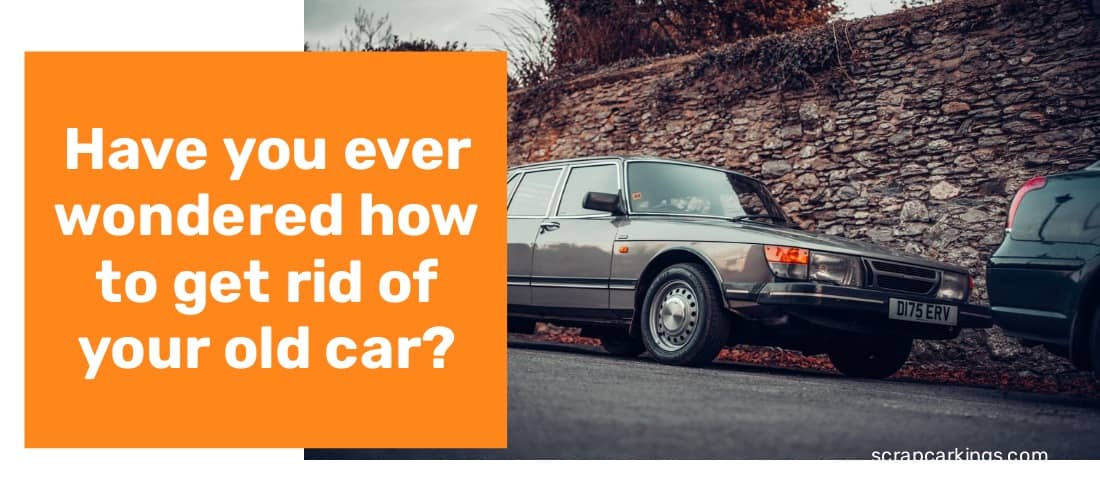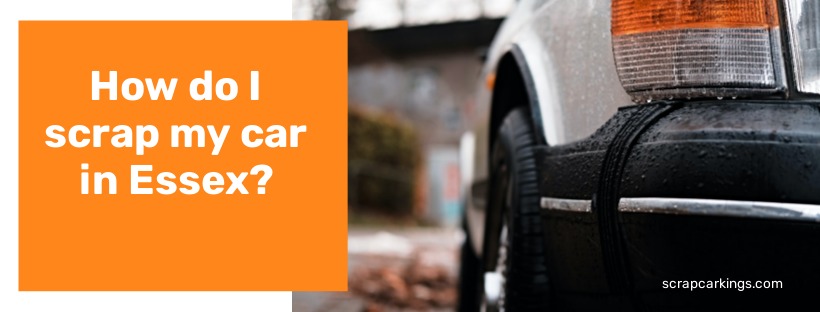How Much Are Scrap Cars Worth
You could be thinking about selling some of your car's components separately for scrap, but you should be aware that if the car isn't finished, the price you get for it will be lower. Normally, scrap merchants may deduct money from your payment for any component that is missing. Your radiator's scrap value will vary depending on the material it is made of. While modern radiators are often built of aluminium, ancient radiators frequently included brass or copper as their primary materials. Radiators made of brass and copper are more expensive than those made of aluminium. The size and weight of your car radiator will also have an impact on its cost. The higher the reward when scrap metal is sold, the bigger and heavier it gets.

